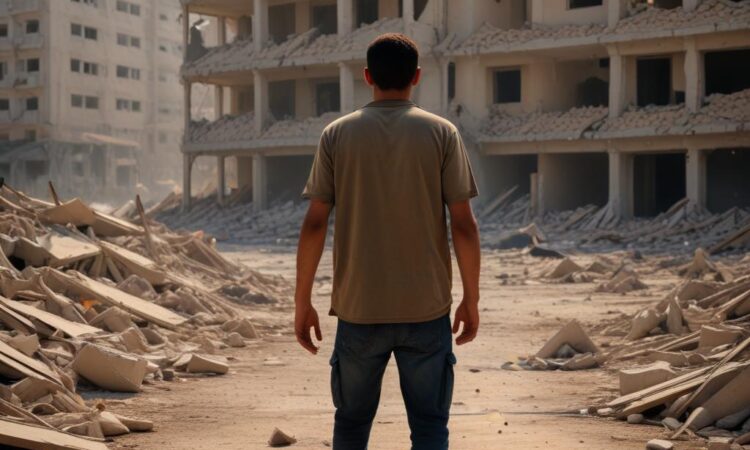Israel-Palestine Conflict: Escalating Violence in the West Bank and Gaza
The Israel-Palestine conflict has once again erupted in a wave of violence, with escalating tensions in the West Bank and Gaza. The conflict has resulted in airstrikes, rocket attacks, and civilian casualties, fueling tensions between Israel and Palestine.
Escalating Violence in the West Bank
In the West Bank, violence has surged in recent months, with frequent clashes between Israeli security forces and Palestinian protesters. These clashes have often resulted in fatalities on both sides. The Israeli government has cited the need to combat terrorism as justification for its actions, while Palestinian leaders have accused Israel of excessive force and human rights violations.
One particular incident that has drawn international condemnation was the recent raid by Israeli forces on a refugee camp in Jenin. The raid resulted in the deaths of several Palestinians, including civilians. The Israeli government claimed that the operation was targeting militants, while Palestinians accused the Israeli forces of brutality and indiscriminate targeting of civilians.
Rocket Attacks from Gaza
In response to the escalating violence in the West Bank, Hamas, the Islamist group that controls Gaza, has launched a series of rocket attacks into Israel. These attacks have caused damage and injuries in Israeli communities near the Gaza border. Israel has responded with airstrikes targeting Hamas infrastructure in Gaza, leading to further civilian casualties.
The exchange of fire has raised concerns about a wider escalation of the conflict, with the potential for a full-scale war between Israel and Hamas. International efforts to de-escalate the situation have so far been unsuccessful, with both sides accusing each other of violating international law and escalating the conflict.
Civilian Casualties and International Concerns
The escalating violence has had a devastating impact on civilians in both Israel and Palestine. Palestinian civilians in Gaza have been killed and injured in Israeli airstrikes, while Israeli citizens have been targeted by Hamas rocket attacks. The conflict has also resulted in widespread displacement and humanitarian suffering.
The international community has expressed deep concern over the escalating violence and called for a ceasefire and a return to peace negotiations. However, the political landscape in the region remains deeply divided, with both sides clinging to their respective narratives and unwilling to compromise.
The Search for Peace
The current surge in violence underscores the deep-rooted and complex nature of the Israel-Palestine conflict. Resolving the conflict requires addressing a range of issues, including land ownership, security concerns, and the status of Jerusalem. The lack of progress in peace negotiations has fueled frustration and anger on both sides, leading to the current cycle of violence.
The international community must continue to play a role in facilitating peace negotiations and promoting a peaceful resolution to the conflict. This will require sustained efforts to address the root causes of the conflict, build trust between the parties, and support a two-state solution that allows for both Israelis and Palestinians to live in peace and security.
Conclusion
The escalating violence in the West Bank and Gaza is a stark reminder of the urgent need for a peaceful resolution to the Israel-Palestine conflict. The current situation underscores the human cost of the conflict and the need for immediate action to de-escalate tensions and prevent further bloodshed. The international community must continue to press for a political solution that addresses the needs and aspirations of both Israelis and Palestinians.

